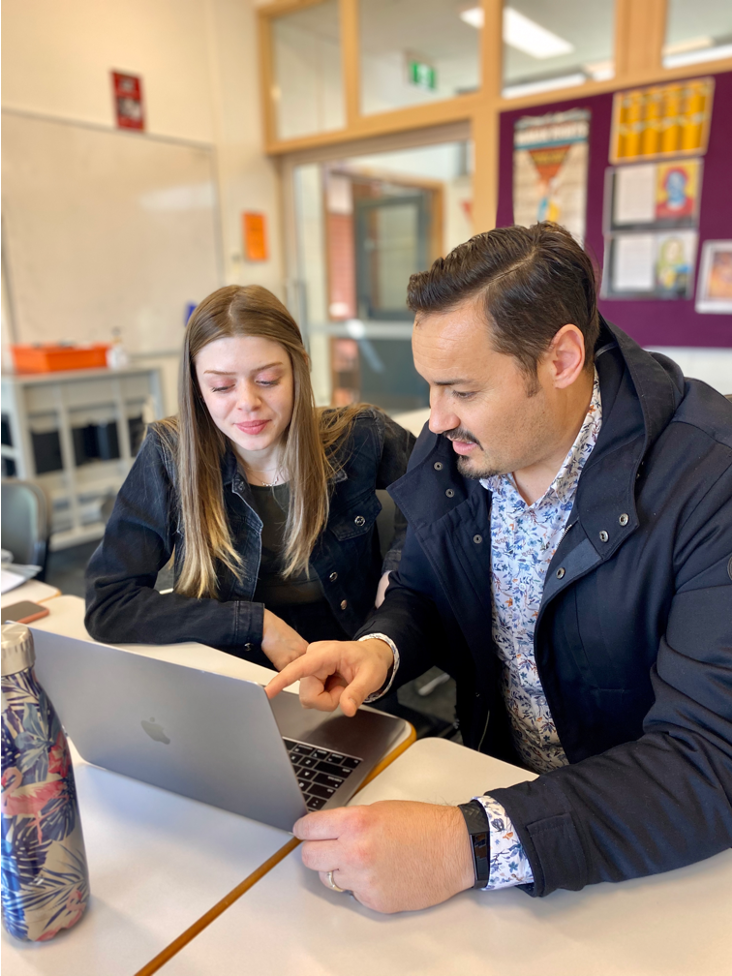Why should I study Modern History?
In a world filled with complexities and challenges, understanding our history isn’t just a scholarly pursuit; it’s a vital tool to navigate the present and influence the future. Our Modern History course isn’t just about dates and events; it’s about unlocking the wisdom hidden in our past and applying it to our contemporary world. Here’s a few ways studying this subject will benefit you:
Understand Today’s World: delve into the past to comprehend the nuances of our society today. From political figures to pivotal decisions, unravel the fabric that has woven our present reality.
See Through Misdirection and Bias: equip yourself with the skills to discern truth from fiction, ensuring your decisions and viewpoints are ethical, well-informed, and avoid repeating historical mistakes.
Interconnect with Various Disciplines: Modern History not only stands alone, but enriches your understanding of politics, economics, sociology, and more, enhancing your intellectual horizon.
Whether in academics, career or personal growth, Modern History provides a versatile and robust foundation for success.
Where does Modern History lead?
Careers:
- Historian
- High School or University Teacher
- Journalist or Writer; Museum Curator
- Archivist
- Policy Analyst or Advisor
- Diplomat or Foreign Service Officer
- Legal Professional
- Political Analyst or Strategist
- Public Relations Specialist
- Research Analyst or Consultant
- Non-profit Organisation Leader
- Tour Guide or Heritage Manager
- Media Producer or Director
- Urban Planner or Developer
- Cultural Advisor or Diversity Officer
What work will I do in Modern History?
Your learning will involve:
- Exploring the USA (1914-1945) or China (1949-1999): Choose between two momentous periods that have left lasting impressions on the world stage. Indicate your preference during subject selection and dive into an era that intrigues you!
- Navigating the World Since 1945: Examine the establishment of the United Nations and the birth of a global perspective that has shaped international relations and human rights.
- Conducting Your Own Investigation: Select a major event in modern history and embark on a personalized research project, guided by our expert teachers.
Dynamic in-class learning includes:
- Craft Insightful Essays: hone your writing skills by delving into thought-provoking essays that challenge your understanding.
- Engage in Lively Debates: articulate your views and learn from others through stimulating debates that foster critical thinking.
- Participate in Interactive Tutorials: collaborate with peers in tutorials that encourage engagement and deepen your grasp of historical concepts.
- Discover Through Films and Podcasts: experience history come to life through carefully curated films and podcasts that enrich your perspective.
- Master Source Analysis: learn to interpret and analyse historical sources, building a vital skill set for historians.
- Showcase Your Knowledge with Presentations: develop communication skills through presentations that demonstrate your mastery of the material.
There is a compulsory e-exam component: the e-exam is designed to evaluate your understanding, encouraging you to synthesise what you’ve learned and apply it in a comprehensive assessment.
What do other students think about Modern History?
Where can I find more information about Modern History?
For more detail about content and assessment, view the course information:
- Stage 1 (Year 11)
- Stage 2 (Year 12)





